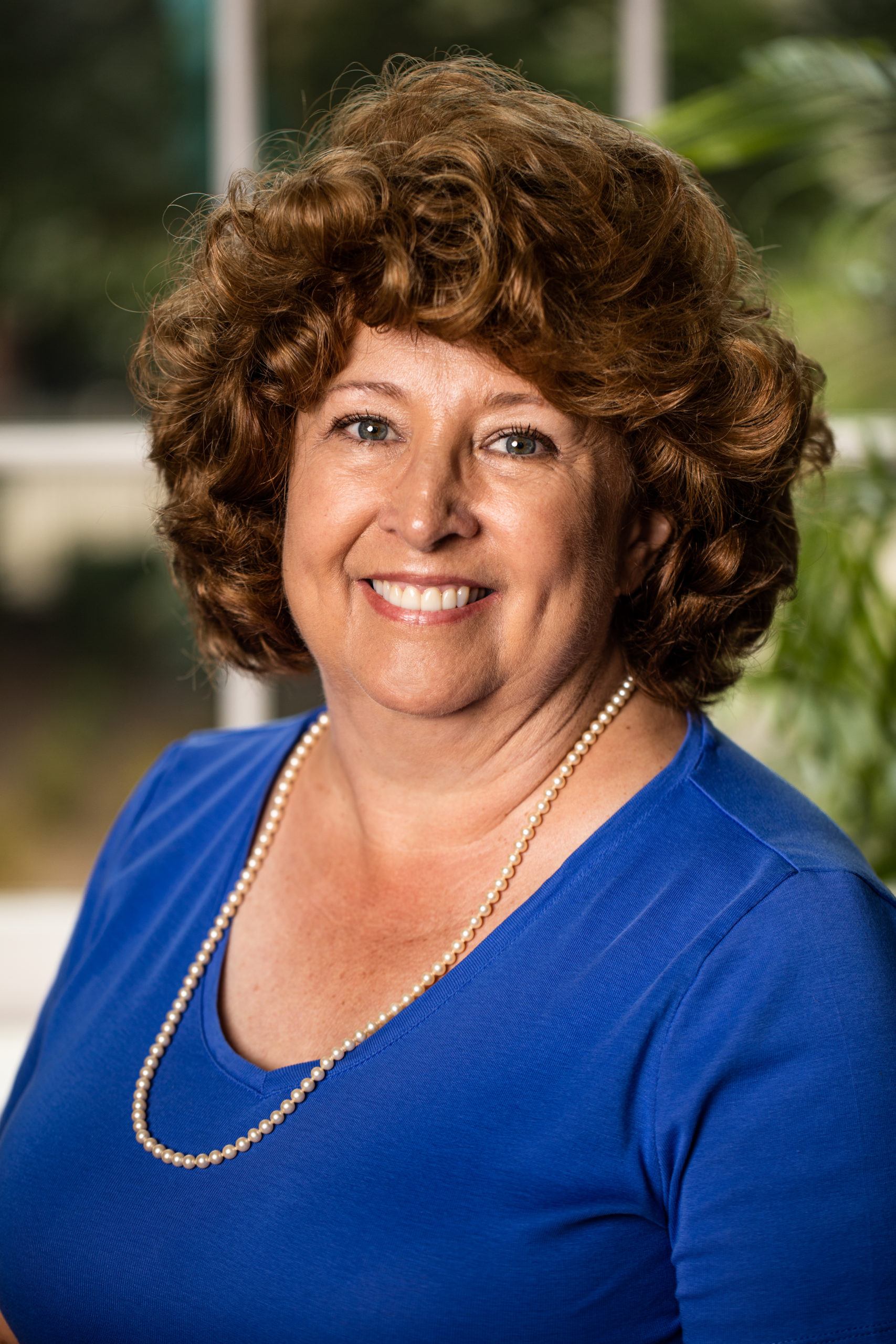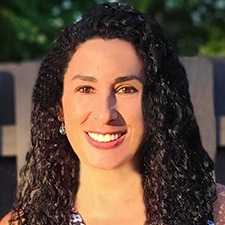- Approximately 95 percent of PC educators remain in the teaching profession after three years, compared to the national average of 50%.
- The PC Teacher Education Program is accredited by the Council for the Accreditation of Educator Preparation (CAEP) and approved by the South Carolina State Department of Education.
- Employer survey data indicate a high degree of satisfaction and proficiency with the abilities of PC teacher graduates and programs.
What you’ll study as an Early Childhood Education Major
Educators of the youngest learners understand there is more to a student’s education than academics. These teachers are introducing youngsters to a classroom setting and often teach them basic life skills– how to interact with others, how to sit properly at a desk, and more. As an early childhood education major, courses like Methods and Materials of Early Childhood, Educational Psychology, and Child Psychology prepare you for teaching this unique age group.
You can observe real classroom settings before student teaching during the final semester of your senior year. You’ll do everything that is expected of a pre-K through fourth-grade teacher, but you’ll have guidance too. You’ll meet regularly with your cooperating teacher and a faculty member in PC’s Department of Education.
As a capstone to the major, you conduct a comprehensive project or original research in elementary education. During this process, you learn to read and interpret research articles, plan a research study to complete in a K-12 setting, collect data, analyze data, and present research findings to your peers and PC professors. The elementary education major prepares you for the licensing exam – required of all education majors- and for the real-world classroom.
Careers in Early Childhood Education
Early childhood education teachers work in nursery schools and daycares as well as in public, private, and charter schools. Those who go on to earn a graduate or doctoral degree also have the opportunity to teach at the college or university levels.
Ninety-four percent of PC education graduates begin their teaching careers right after graduation. PC education students are well-prepared for the national licensure examinations and experience a high pass rate. Our graduates are employed in rural, urban, and suburban areas across the United States. Some go abroad to teach.
PC education majors become school teachers, principals, district office administrators, and school board members. Majoring in education doesn’t mean you can only teach after you graduate. You may choose to pursue a career outside the classroom. In recent years, some PC education majors have become nurses and psychologists.
A Presbyterian College liberal arts education provides you with problem-solving, critical thinking, and the skillsets employers look for today, regardless of your major.



